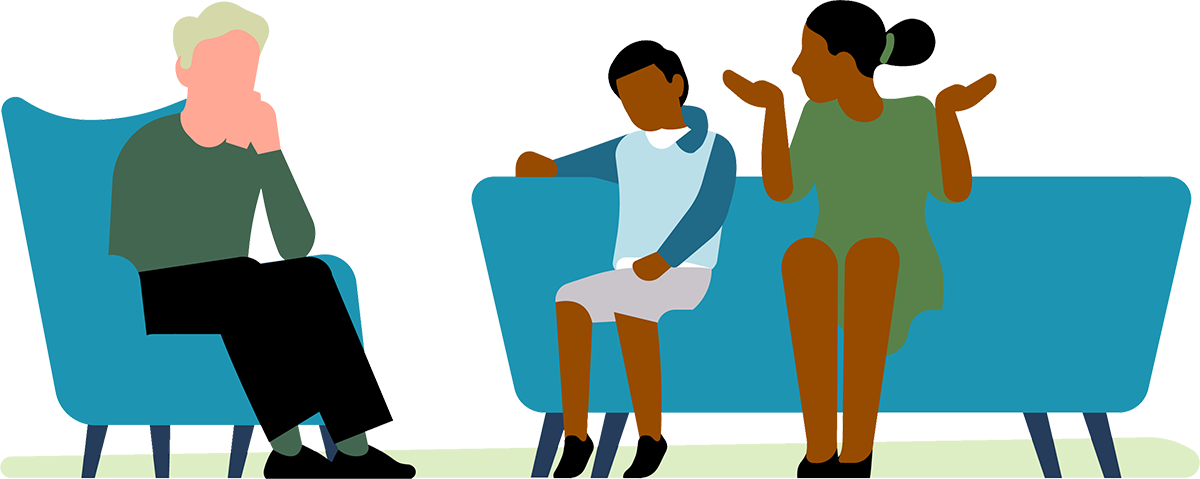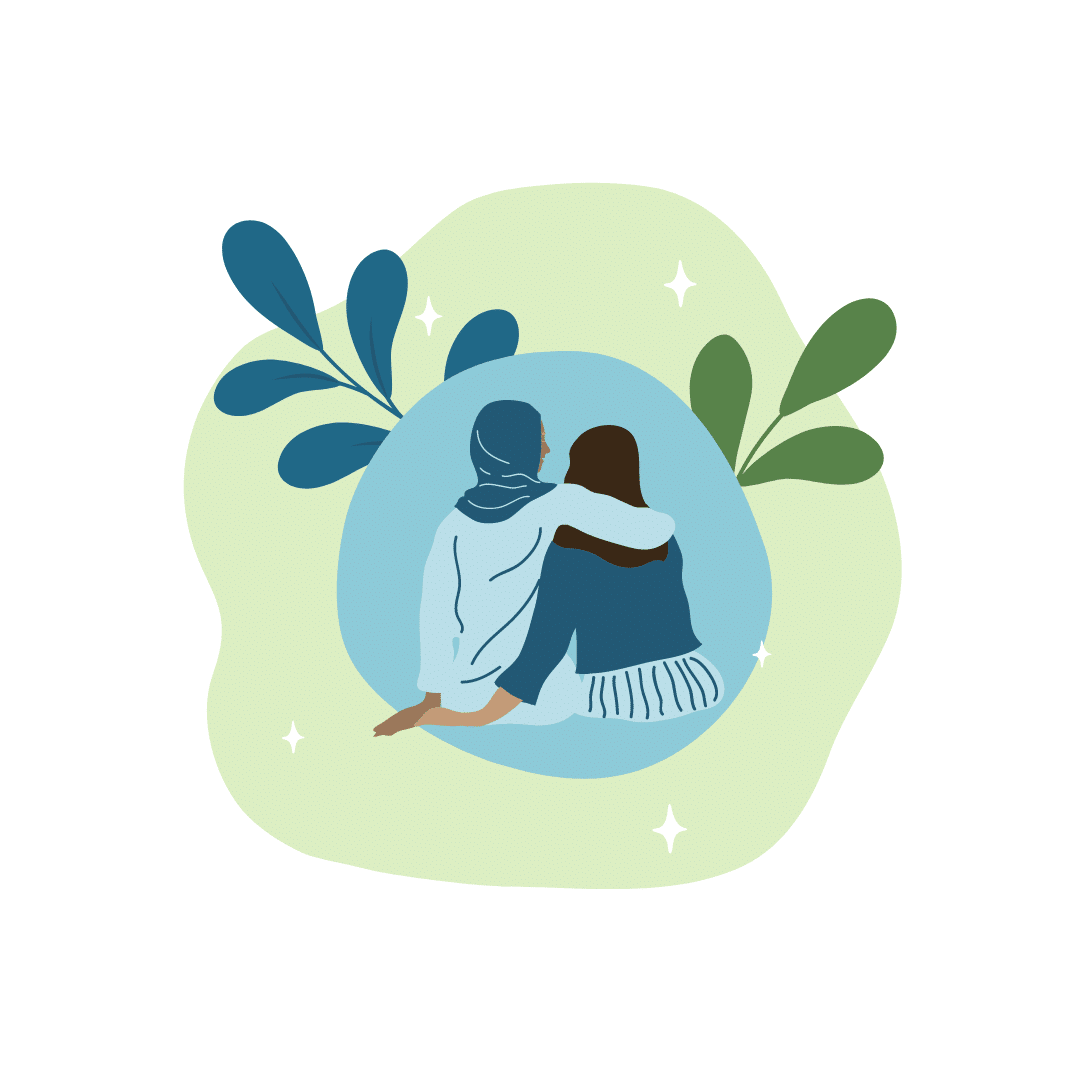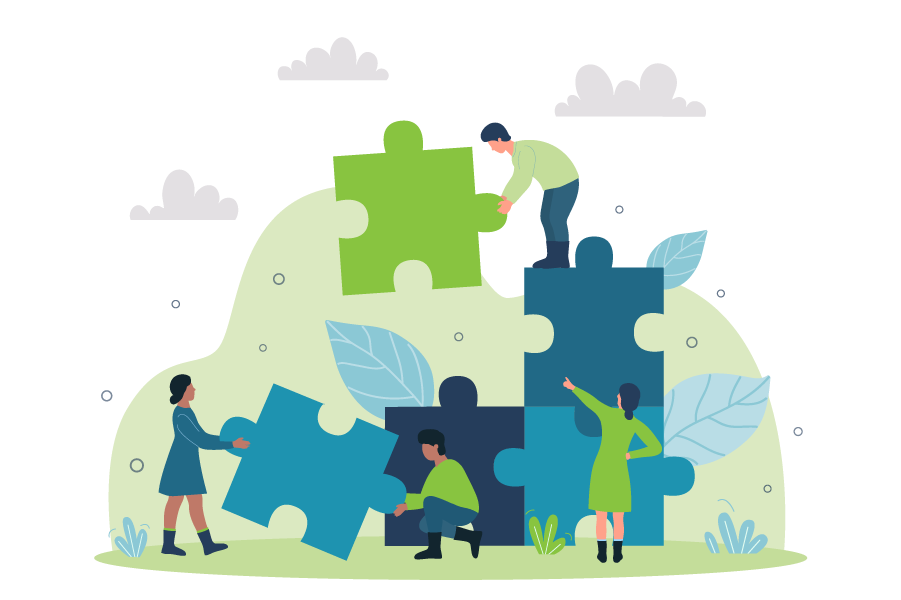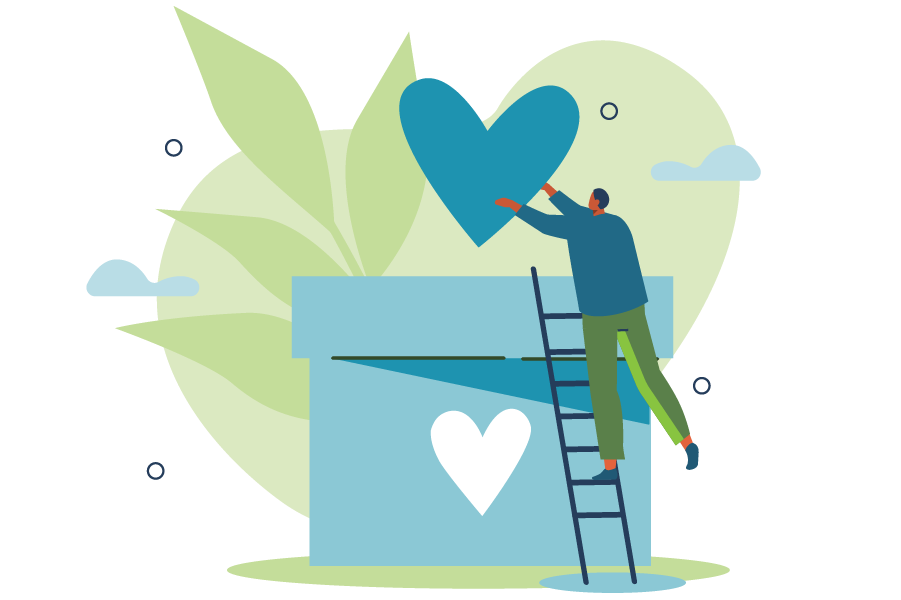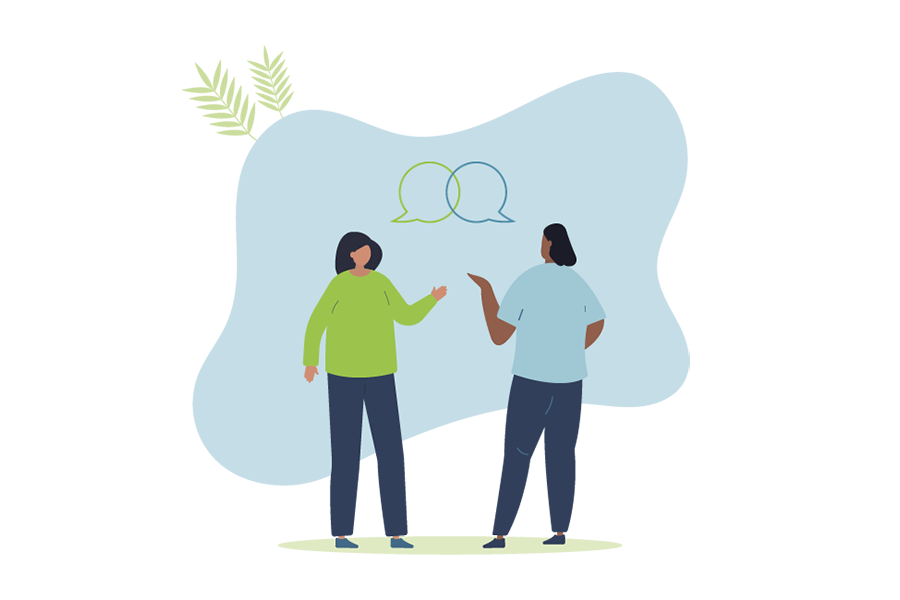Breaking the silence of Domestic Abuse
Outwardly, survivors may seem calm and composed, but inside, a storm rages. Emotional and psychological abuse leaves no visible scars, making it difficult for others to recognise the signs.
Abusers often use tactics like manipulation, isolation, and constant criticism to erode their victims’ self-esteem and sense of reality and prevent them from speaking out.
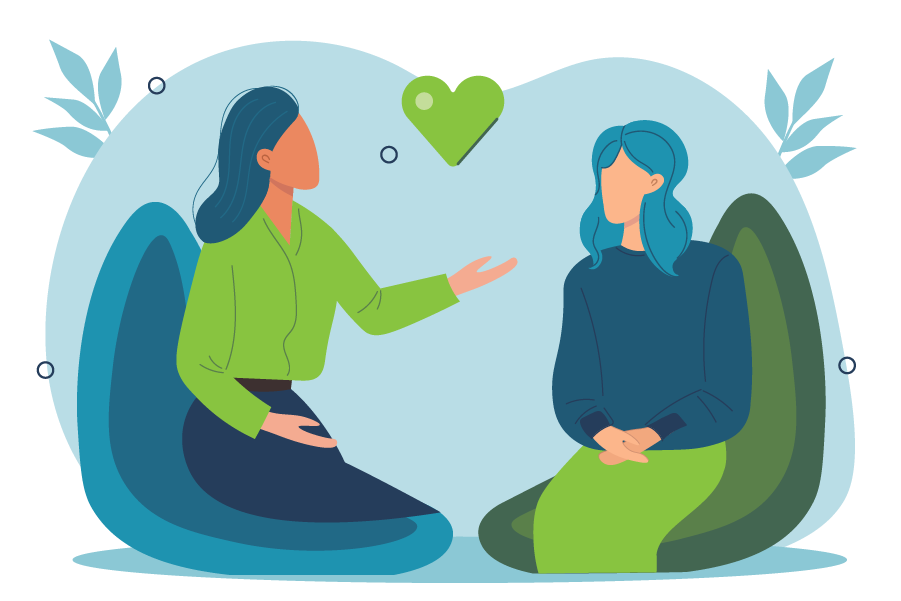
The Struggle to Speak
One of the most painful aspects of domestic abuse is the feeling of disbelief and isolation. Survivors fear that if they speak out, they will not be taken seriously or, worse, blamed for their situation. This fear silences them, trapping them in a cycle of abuse and isolation.
It is crucial for us to create a safe space where survivors feel heard and validated. Believing them is the first step towards breaking the silence and providing the support they need.
Silent Smiles and Hidden Pain
Survivors often wear silent smiles, masking the pain and chaos they endure daily. This mask can be a way to protect themselves from further harm and judgment. However, it also perpetuates their isolation, as others fail to see the desperate need for help beneath the surface.
As a community, we must learn to look beyond the smiles and quietness. We must educate ourselves about the signs of emotional and psychological abuse and approach survivors with empathy and understanding.
THE STORY OF COURAGE
But in that quiet, there is a story of resilience, courage, and a desperate need for understanding and support.
Each silence holds echoes of battles fought in solitude, memories of wounds that may never fully heal, and a longing for connection that often goes unexpressed.
In this stillness, every unspoken word carries weight—a testament to the struggles that have shaped their journey. There are moments of strength hidden beneath the surface, where vulnerability meets bravery, and the act of simply existing becomes an act of defiance against the pain.
Creating a Safe Haven
Freeva provides crucial support to those affected by domestic abuse. We offer refuge, resources, and a lifeline to those trapped in silence.
At Freeva we foster a community of compassion, we can help survivors find their voices and begin their journey to healing.
If you or someone you know is experiencing domestic abuse, please reach out to Freeva.
You are not alone, and there is help available. Together, we can break the silence and support those who need it most.
Call our helpline for support on 0808 802 0028
Together, we can make a difference by offering the support needed to break free from the cycle of abuse and begin the journey towards healing and empowerment.
It’s essential to respect a survivors decision-making process. We know it’s hard and that you may want to intervene, but ultimately, it’s up to them to decide what steps to take regarding their relationship.
Offer support and guidance, but avoid pressuring them into decisions they’re not ready to make.
Keep It Confidential
Respect their privacy throughout the process by keeping conversations and information to yourself.
Avoid discussing their situation with others, as this can breach their trust and potentially jeopardise their safety.
Encourage Self-Care
Encourage a survivor to prioritise themselves and do the things they love the most.
Supporting mental well-being is vital while they deal with challenging circumstances and begin to recover.
Be Patient
Healing from domestic abuse is a process that takes time and ongoing support. Compassionate encouragement may be needed. Stay available to listen whenever they need it.
Suspect? Support. Share
It’s important to signpost to specialist services. At Freeva, we provide expert support and resources for survivors of domestic abuse, as well as assistance with safety planning and police reporting if necessary.
Remember, supporting someone through an abusive relationship requires patience and understanding.
Your support can make a significant difference in helping a loved one break free from the cycle of abuse, reclaim their autonomy, and rebuild their life.
If you’re concerned about someone’s relationship, now is the time to step in, offer support, and share our details.
0808 802 0028
Our helpline is free to call from all mobiles, landlines, and payphones, and it will not appear on the telephone bill.

